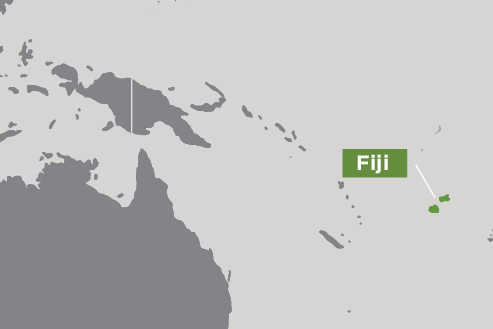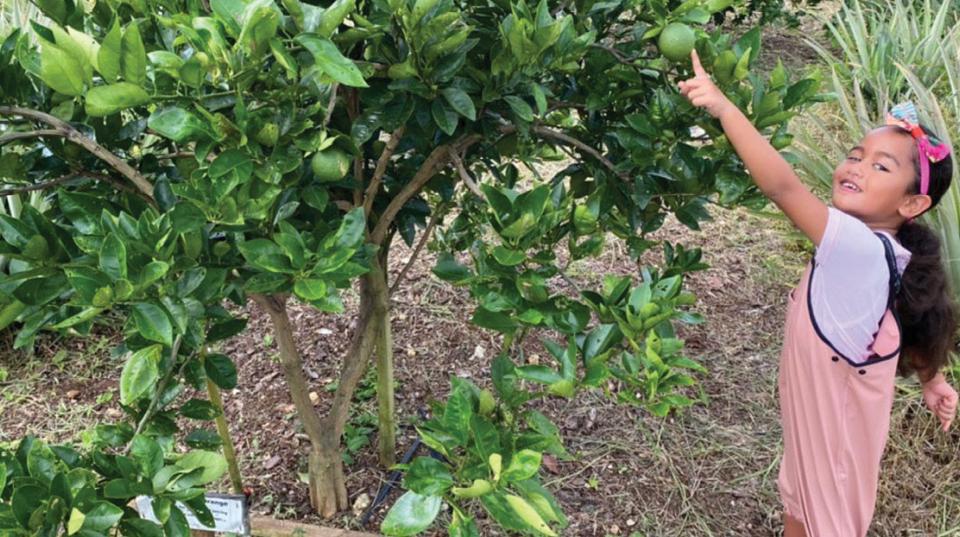Overview
This project aimed to provide an understanding of the current extent and status of school food provision and environments in Pacific Islands countries. Focused on better understanding the enabling policy environment, institutional and farmer capacity to better support the integration of local agriculture into school meals, it aimed to build partnerships to seek understanding and consensus on those country contexts that provide the ideal conditions for linking agriculture to school food provision for future research opportunities.
School meals programs based on home-grown models can serve as platforms for food system transformation, while simultaneously improving the quality of education. Locally grown and procured food is a nutritious, healthy, and efficient way to provide schoolchildren with a daily meal while, at the same time, improving opportunities for smallholder farmers. New research is required to address knowledge gaps and barriers that have been identified to date.
Project outcomes
Expected outcomes are:
- Identifying and enhancing opportunities for nutrition-sensitive institutional food procurement, including school feeding programmes, to provide reliable markets for small-scale producers.
- Investigating the potential to scale-up school feeding initiatives as a means to promote and ensure a sustainable market for locally produced fresh foods and to promote healthy eating habits among children.
- Increasing investment in and support for school food and nutrition programmes, and other public procurement programmes that are linked to local smallholder producers.
- Fostering community-led initiatives to enhance food security and nutrition, including backyard gardening and school feeding programmes.
- Enhancing and better coordinating support for the design, delivery, expansion and monitoring and evaluation of nutrition-sensitive social protection programmes, including school feeding programmes linked to smallholders and pro-poor agricultural development.
- Organising south-south visits to facilitate sharing of knowledge, lessons and best practices relating to nutrition-sensitive public procurement programmes.
Map
Image

Key partners
Bioversity International
Pacific Community
University of the Sunshine Coast



